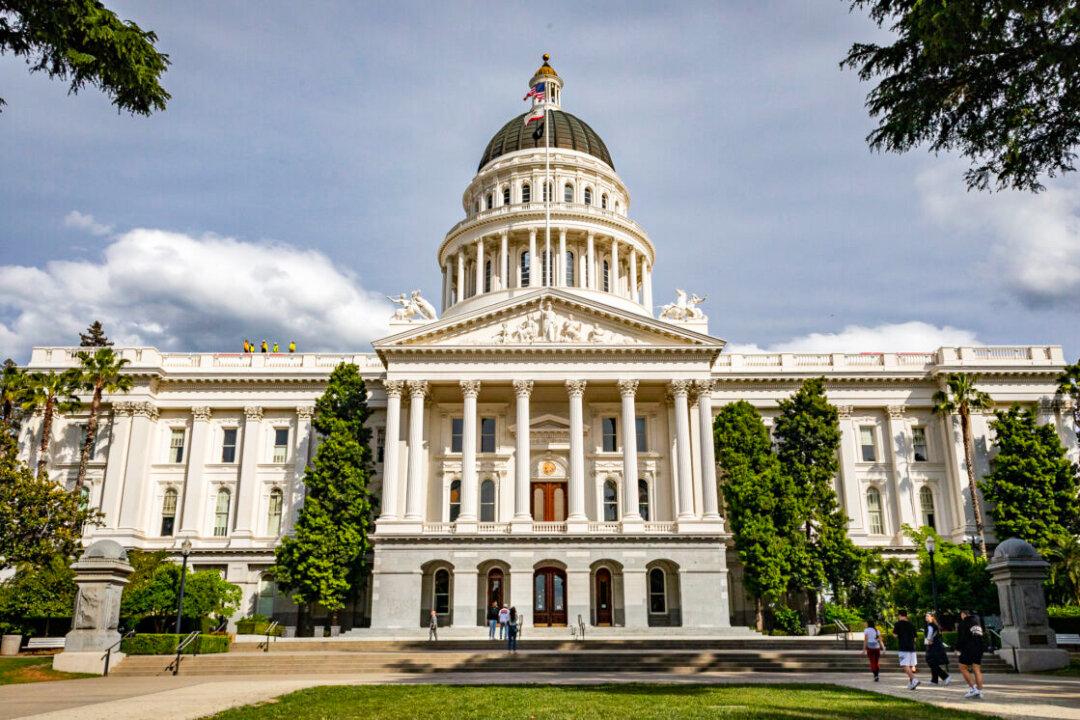Commentary
The California Legislature seems determined to drive out even more residents by erecting “a multitude of New Offices” and sending “hither swarms of Officers to harrass our people, and eat out their substance,” to quote one of the Declaration of Independence’s charges against the tyrant King George III. Before the Feb. 17 deadline to submit legislation, 2,632 new bills were introduced, a new record. Here are some of the worst.





